UN member states must end deafening silence on Saudi Arabia’s cruelty, Amnesty urges
Amnesty International has called on UN member states to break their silence on Saudi Arabia’s widening crackdown, led by Crown Prince Mohammed bin Salman, against Muslim preachers and intellectuals beside the conservative oil-rich kingdom’s atrocious aerial bombardment campaign against Yemen.
“UN member states must end their deafening silence on Saudi Arabia and do their duty of scrutinizing the cruelty in the kingdom in order to prevent further outrageous human rights violations in the country and in Yemen,” Samah Hadid, Amnesty International’s Middle East director of campaigns, said.
She added, “The Saudi government’s long-standing repression of critics, exemplified by the extrajudicial execution of journalist Jamal Khashoggi last month, has until recently been willfully ignored by UN member states.
“The gruesome death of Jamal Khashoggi has shown how far the Saudi Arabian authorities will go in their repression of peaceful dissent, a crackdown which has only intensified since Mohammad bin Salman became Crown Prince.”
Hadid also urged UN member states to show scrutiny and strong action more than ever.

“The international community has a duty to hold the Saudi Arabian government to account for its relentless repression of human rights in the country and its violations in the Yemen conflict,” the top Amnesty International official pointed out.
“States with considerable influence on Saudi Arabia must do everything in their power to prevent further violations and urge Saudi Arabia to make genuine human rights reforms, including the immediate and unconditional release of all prisoners of conscience, including human rights defenders and the abolishment of the male guardianship system” Hadid said.
She called upon all arms-supplying states to suspend their arms sales to Saudi Arabia and its regional allies as the munitions could be used to commit serious violations, including war crimes in Yemen.
Prominent Saudi dissident journalist Jamal Khashoggi went missing after visiting the kingdom’s consulate in Turkey’s largest city of Istanbul on October 2.
A senior Turkish official told the Washington Post on Friday that the slain journalist’s body was destroyed in acid on the grounds of the Saudi consulate or at the nearby residence of the Saudi consul general.

The official, speaking on the condition of anonymity, said biological evidence discovered in the diplomatic mission garden supports the theory that Khashoggi’s body was disposed of close to where he was killed and dismembered.
“Khashoggi’s body was not in need of burying,” the official was quoted as saying.
Khashoggi, a prominent commentator on Saudi affairs who wrote for The Washington Post’s Global Opinions section, had lived in self-imposed exile in the US since September 2017, when he left Saudi Arabia over fears of the Riyadh regime’s crackdown on critical voices.
His death has subjected the Riyadh regime and Mohammed bin Salman to strict scrutiny. The journalist's fiancée has accused Saudi officials of a massive cover-up.
Saudi Arabia and a number of its regional allies launched a devastating military campaign against Yemen in March 2015, with the aim of bringing the government of former President Abd Rabbuh Mansur Hadi back to power and crushing the country’s popular Houthi Ansarullah movement.
According to a new report by the Armed Conflict Location and Event Data Project (ACLED), a nonprofit conflict-research organization, the Saudi-led war has so far claimed the lives of around 56,000 Yemenis.

The Saudi-led war has also taken a heavy toll on the country’s infrastructure, destroying hospitals, schools, and factories. The UN has already said that a record 22.2 million Yemenis are in dire need of food, including 8.4 million threatened by severe hunger. According to the world body, Yemen is suffering from the most severe famine in more than 100 years.
A number of Western countries, the United States and Britain in particular, are also accused of being complicit in the ongoing aggression as they supply the Riyadh regime with advanced weapons and military equipment as well as logistical and intelligence assistance.
It could take 14 years to remove debris left by Israel war on Gaza: UN
Iran, China discuss military cooperation
Sanders to Netanyahu: 'Don’t insult American people’s intelligence'
Tehran economic conference: Raeisi hails Iran-Africa expansion of ties
VIDEO | Press TV's news headlines
Severe heat wave hits India as phase 2 of polling begins
What to expect after President Raeisi's visit to Pakistan
China describes Iran as ‘strategic partner' in West Asia



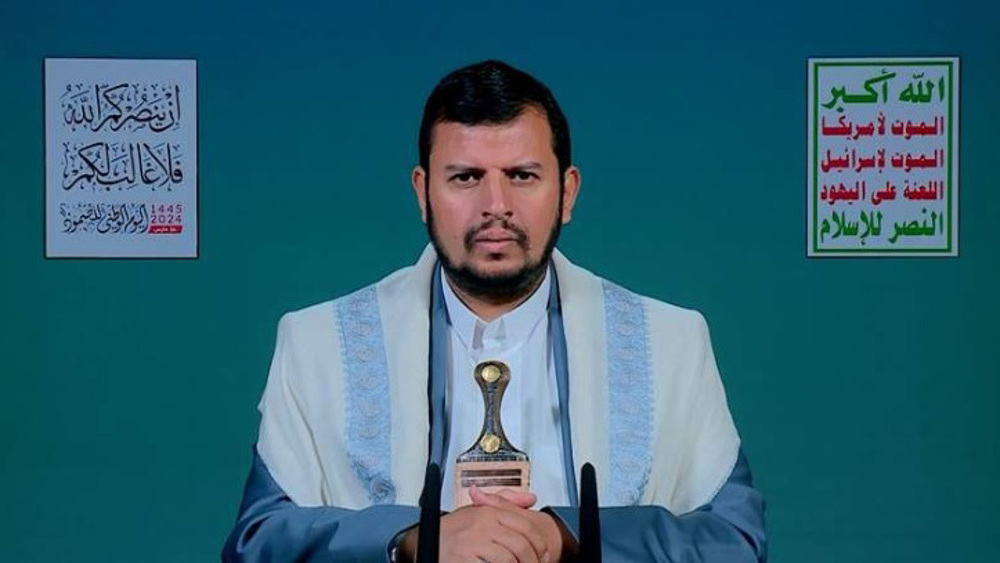
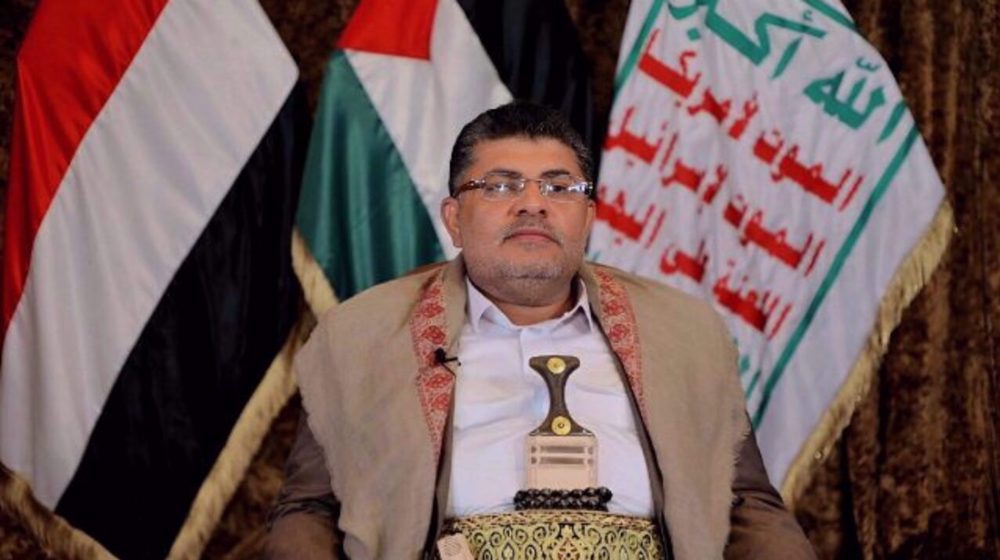
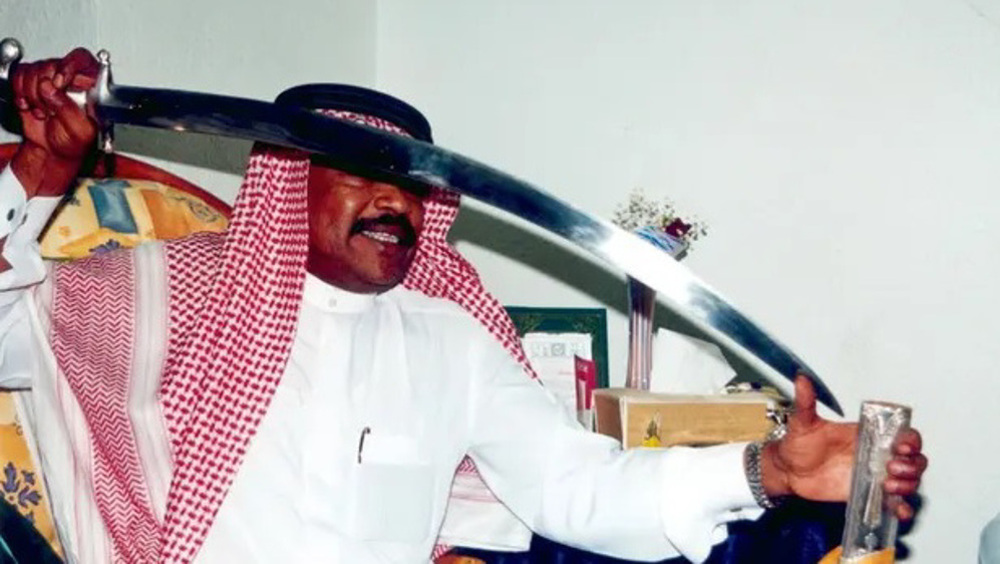



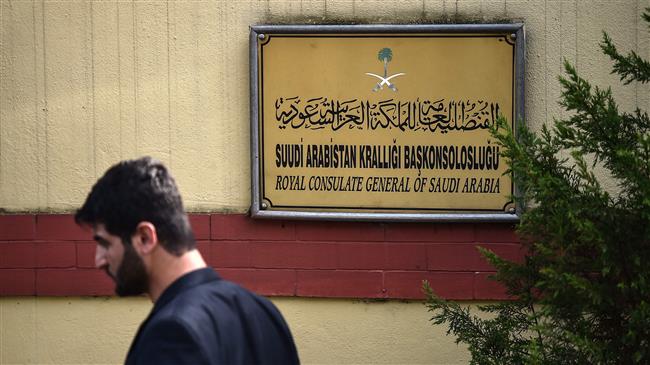
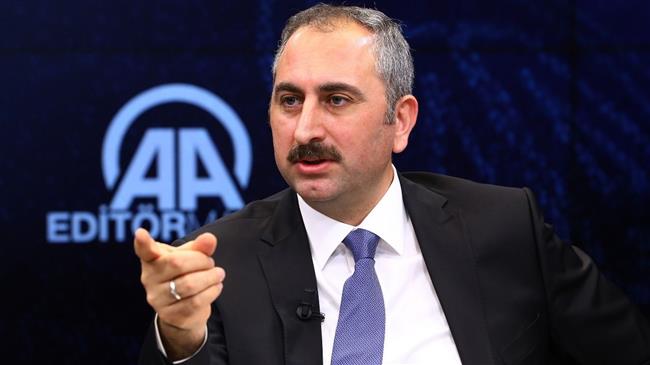
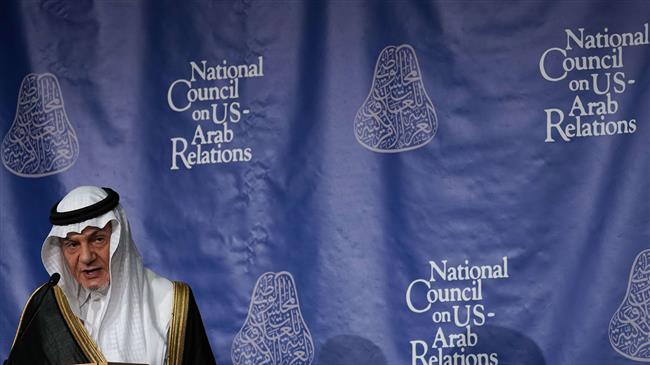

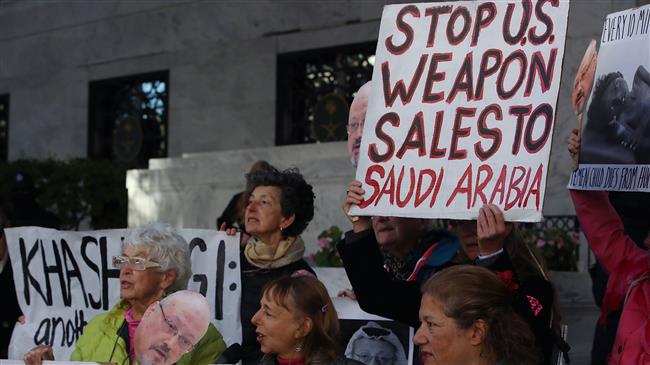
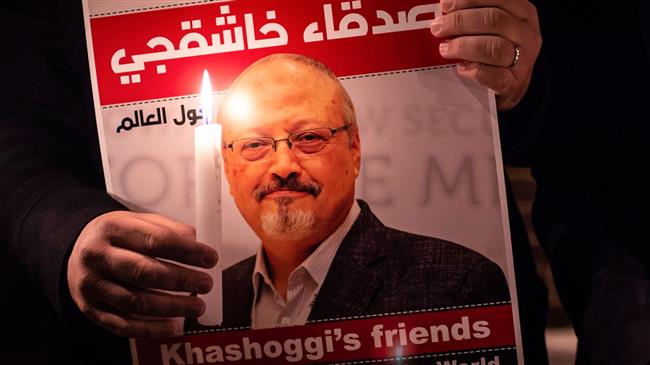

 This makes it easy to access the Press TV website
This makes it easy to access the Press TV website